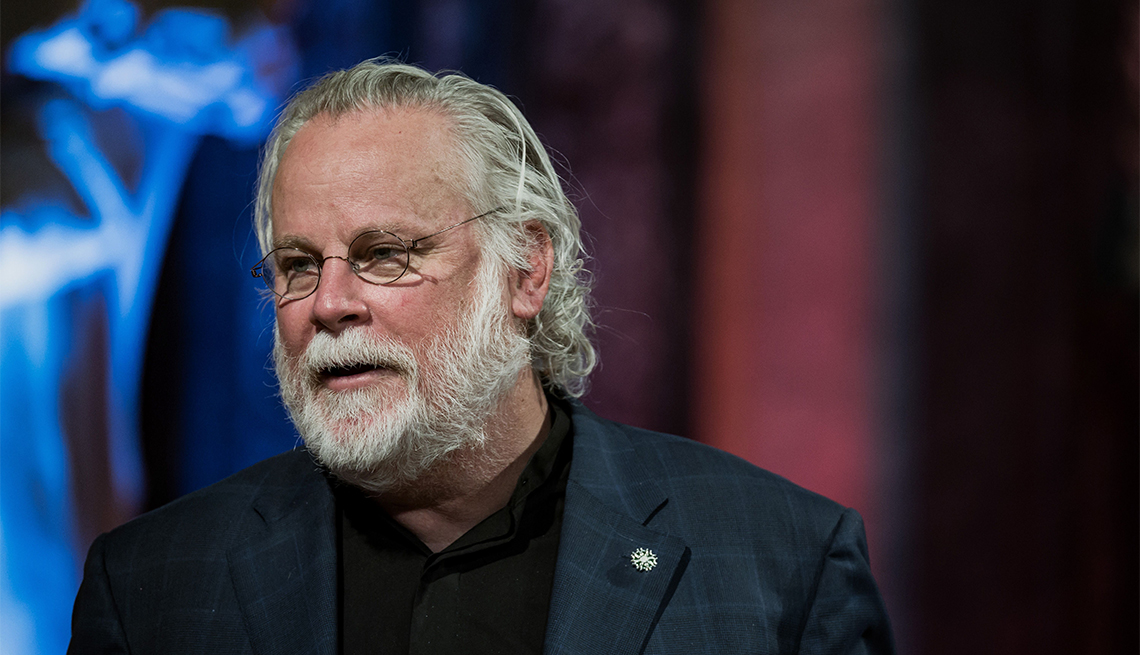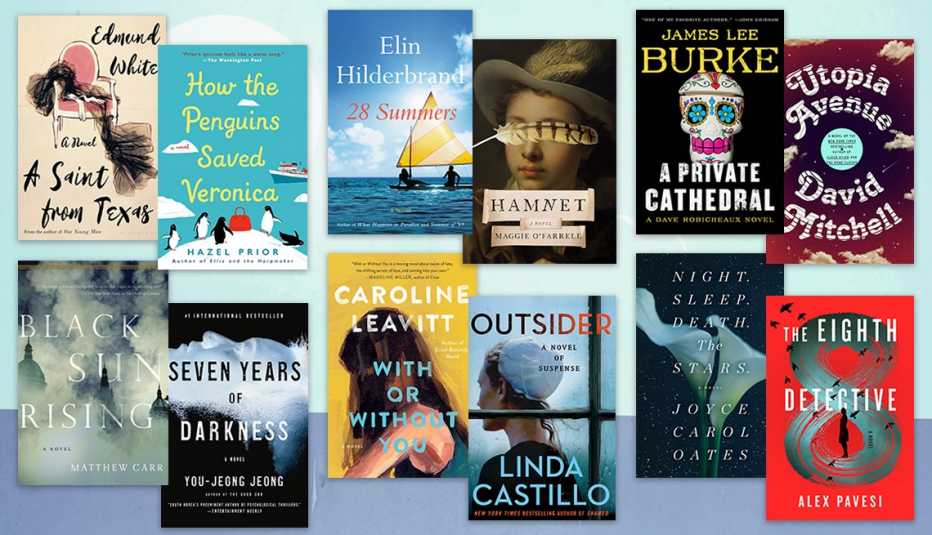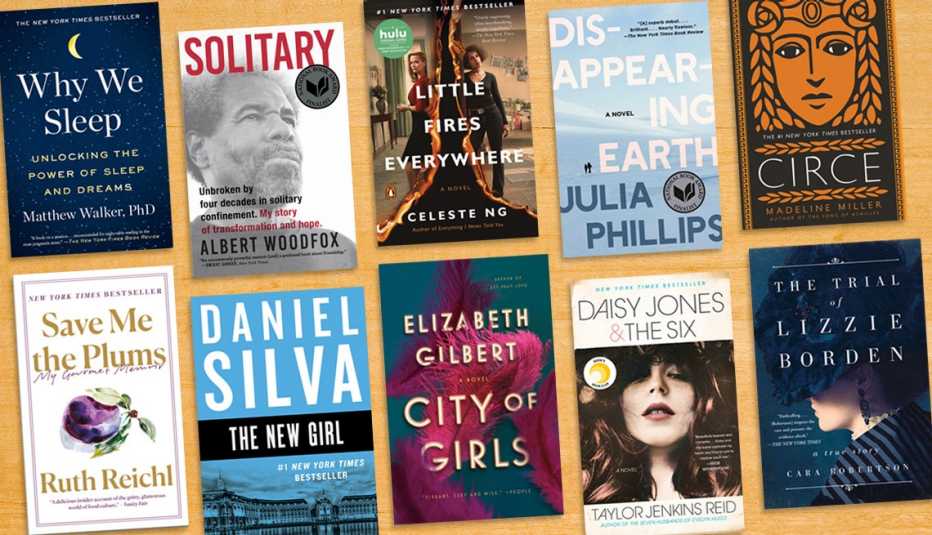Publishing two books in 2020
I've done that four times [published two books in one year], and three of those times happen to be when I've done Jack McEvoy books. I write those books faster because if I'm writing about, say, Harry Bosch or Mickey Haller [from the Lincoln Lawyer series], I have to step back and think, what would they do? What would they say? Sometimes I have to reach out to people who are lawyers or detectives and ask them. So it's a longer process. When I write about Jack McAvoy, he says what I would say, he does what I would do, so the books are written faster.
How Connelly is like both Jack and Harry
I was a reporter for 14 years and unfortunately I never solved any murders. And Jack has a knack for solving murders. So he's kind of a fantastical alter ego — he does stuff that I wish I did. Harry [Bosch] is not like me, at least when you read the first four or five books, and then over time, we started sharing stuff. I gave him a daughter who's the same age as my daughter, and, as the books have gone on in real time, his daughter is constantly inspired by my own daughter. So on the levels of fatherhood and outlook on the world, we're pretty much in line, but it depends on which book you read.
Harry's small-screen future
All I can say is I'm not finished writing about Harry Bosch. For the TV show, as of right now, I'm going to do one more and wrap it up. I'm really proud of it, and I think each season gets better, but there's something to be said about wrapping things up while you're on top. So it'll probably come to an end next year. There's something bittersweet about that, but I think it's a good way to go out.
Creating characters readers will care about
You have to have a character who's doesn't have it all together, because who does? I actually don't want to read about a perfect man or a perfect woman. It comes down to wanting something: Everybody who reads a book wants something in their life, is missing something in their life, and they want to read about characters who want something, and how they go about getting it is interesting. Early on in my career I read an interview with Kurt Vonnegut and he said, “The best advice I could give a writer is make sure everybody wants something on every page, even if it's just a cigarette.” What our desires are and how we go about fulfilling them is what it's about.
Incorporating the coronavirus into fiction
I'm writing a Lincoln Lawyer book right now that's supposed to come out in November, and I was already halfway through when all this came down. Every book I've published has been set in the year it was published, so I didn't write for a few weeks because I was kind of paralyzed by not knowing the ending of this pandemic. Like, how do I incorporate it into a book if I don't know the ending? I went back to page one, backed up and started writing. [It's set] during the early stages of the coronavirus, where there were warnings that were ignored by some and totally panicked others, and so I'm seeding the book with what was happening in January, and February, because that's what I do know.





































































